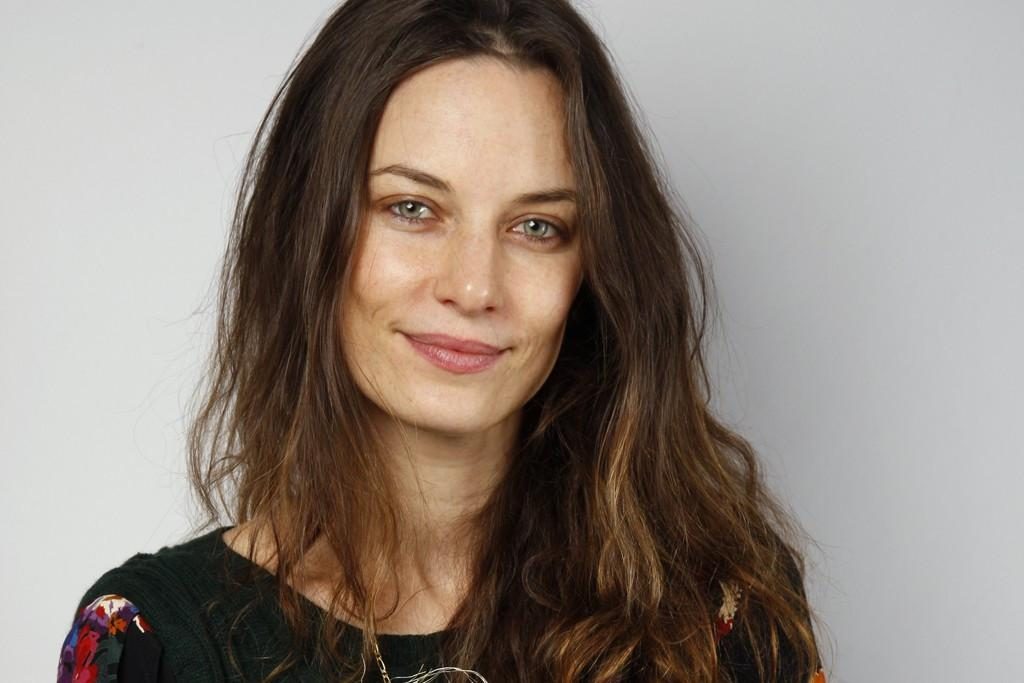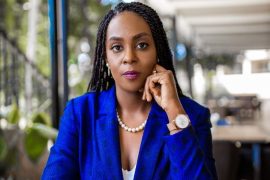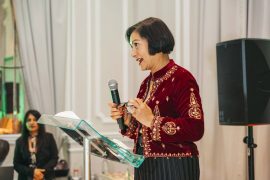Philanthropy in recent times can be seen in the light of a conscious act and an interventionist tool to fight discrimination of all forms. As an anti-discrimination system, philanthropy gives opportunity to the less privilege to measure up with the privileged folks. For example, giving a scholarship award to a poor individual to study at the Oxford University, providing comfortable homes for the homeless, providing funds for poor & sick people as well as providing food for the hungry all bear philanthropic leanings. These acts bridge the gaps in between the privileged few and the less privileged majority.
In line with the sustainable development goal 2, which seeks sustainable solutions to end hunger in all its forms by 2030 and to achieve food security, the impact inspire story for this week is centered on Topaz Page-Green a philanthropist from South Africa who provides meals for school children in some parts of the country. As you read this article bear in mind that you may never understand the real pain of discrimination until you experience it.
Before founding Lunchbox, Topaz Page-Green would never be seen walking along dirt roads in rural KwaZulu-Natal, South Africa, until she embarked on a journey with a friend to visit schools within the country.
She was moved to start a charity to provide school-day meals to impoverished children across her native country and though this involves visiting children with bellies swollen from malnourishment and hearing endless stories of illness and abandonment, Ms. Page Green never felt overwhelmed by it.
Though her high cheekbones, lithe limbs and piercing light-green eyes betray her earlier career as a model, she searched for a diplomatic way to say she hated being one. “I found it difficult to apply myself,” said Ms. Page-Green, who modeled for MAC Cosmetics, Diesel and other brands after being discovered in an Underground station in London.
Ms. Page-Green moved to New York, in 2001 where she had the opportunity to get a visa via fashion, and that enabled her to stay and ultimately get a green card. She felt more at home at New York University’s Gallatin School of Individualized Study, where she studied Africa, sociology and human rights.
In 2004, while still studying and modeling, she visited Johannesburg, where one of her childhood teachers took her to visit the township of Soweto. Although she grew up outside of Johannesburg, she had never witnessed that level of poverty before.
One particular scene took her breath away, where she noticed a group of school children sitting apart from the others because they had no food and didn’t want to sit with those who did. “It rung in every single part of my body,” Ms. Page-Green said, punctuating her comments with salty language. “That’s not something you can walk away from.” This moved her into philanthropy and she started a charity to feed those children
With help from high-profile friends whom she met over the years, she has been able to keep up this good work till date. These friends include; Prada who is a repeat sponsor of the Lunchbox Fund’s annual gala, Liv Tyler and Joaquin Phoenix , chairwoman and chairman of the charity’s executive board, as well as Salman Rushdie who sits on the advisory board.
Personal life of Topaz Page-Green
When she is not running the charity, Ms. Page-Green says she is a homebody, preferring to invite a few girlfriends over. She also makes pottery; her cupboards are full of monochromatic plates, mugs and saucers she created at a nearby community center. Nights out are spent at restaurants she thinks do vegetables well, like Navy and ABC Kitchen.
Ms. Page-Green, in the meantime, is not entirely done with modeling. She stars in Kenneth Cole’s “Courageous Class” advertising campaign as one of five “role models” using their platforms to promote social causes. Wearing a belted coat and high-top sneakers, she is seated on a stool, flashing a warm smile toward the camera. The ad copy reads, “Model Turned Activist.”
“When it was to sell a pair of nylon tights or hair ties,” she said, “I felt a conflict in myself that was difficult to manage.” But when modeling is mixed with a charity, “I am able to relax more and enjoy myself.”
Source: New York Times





Comments are closed.